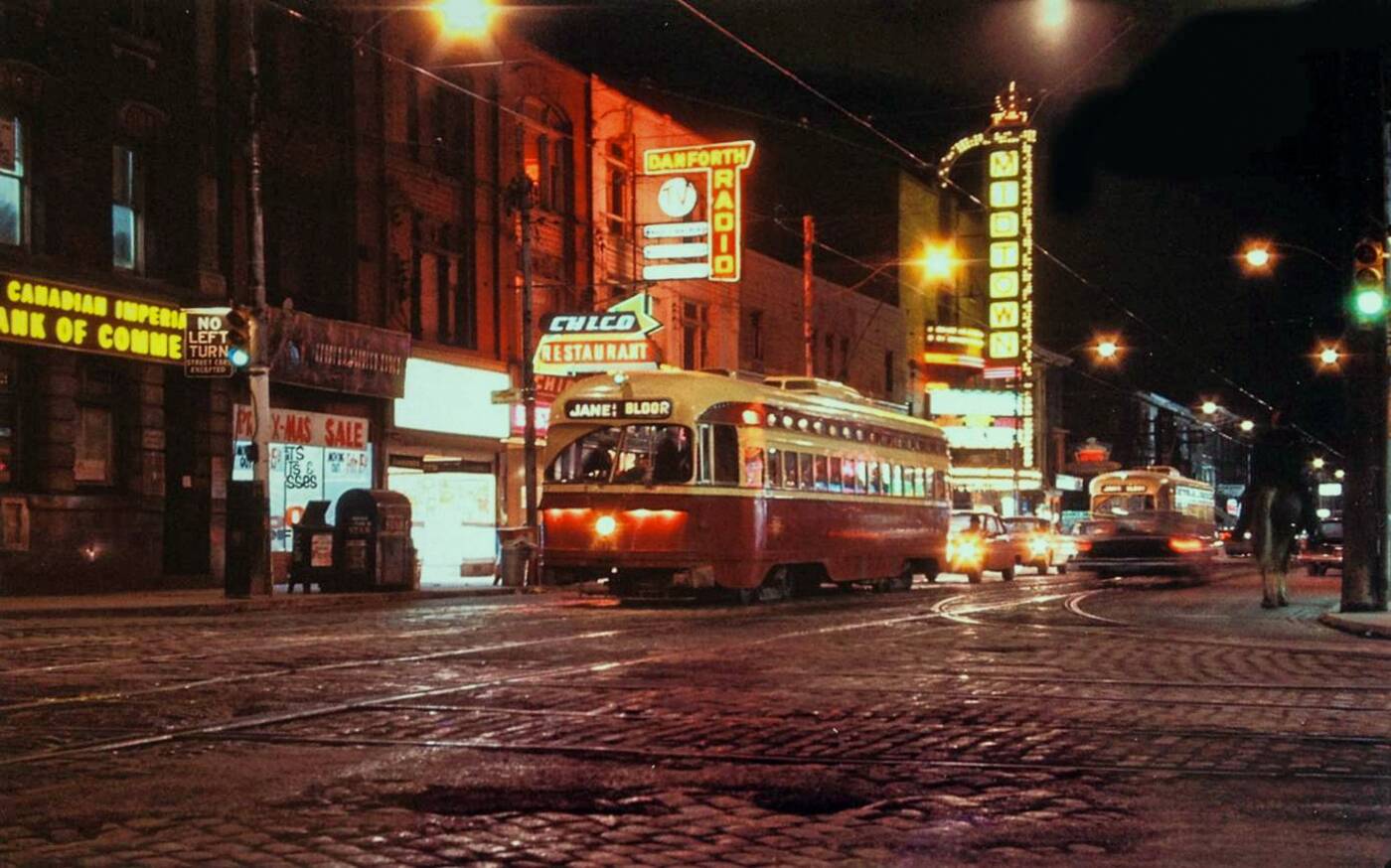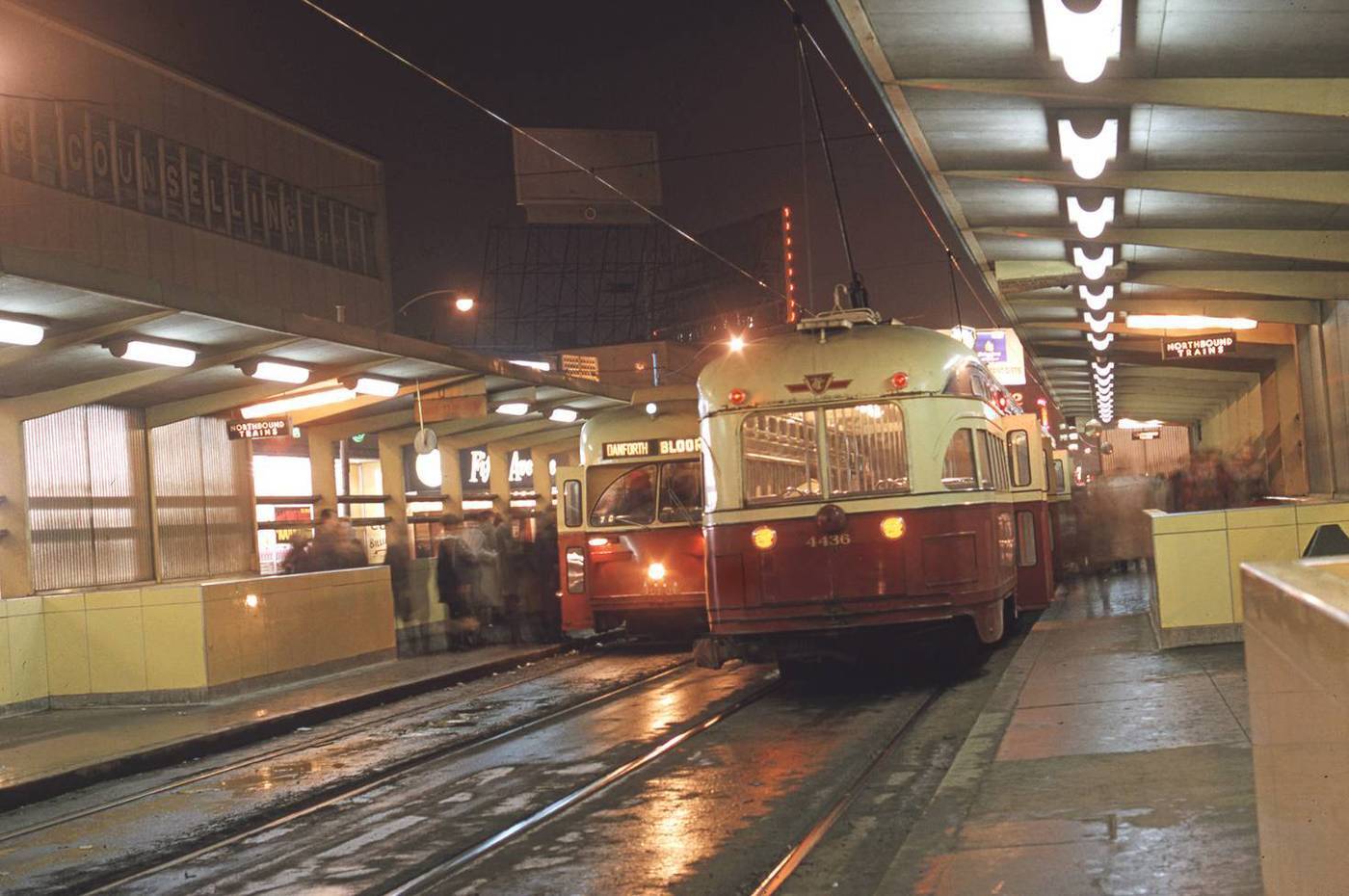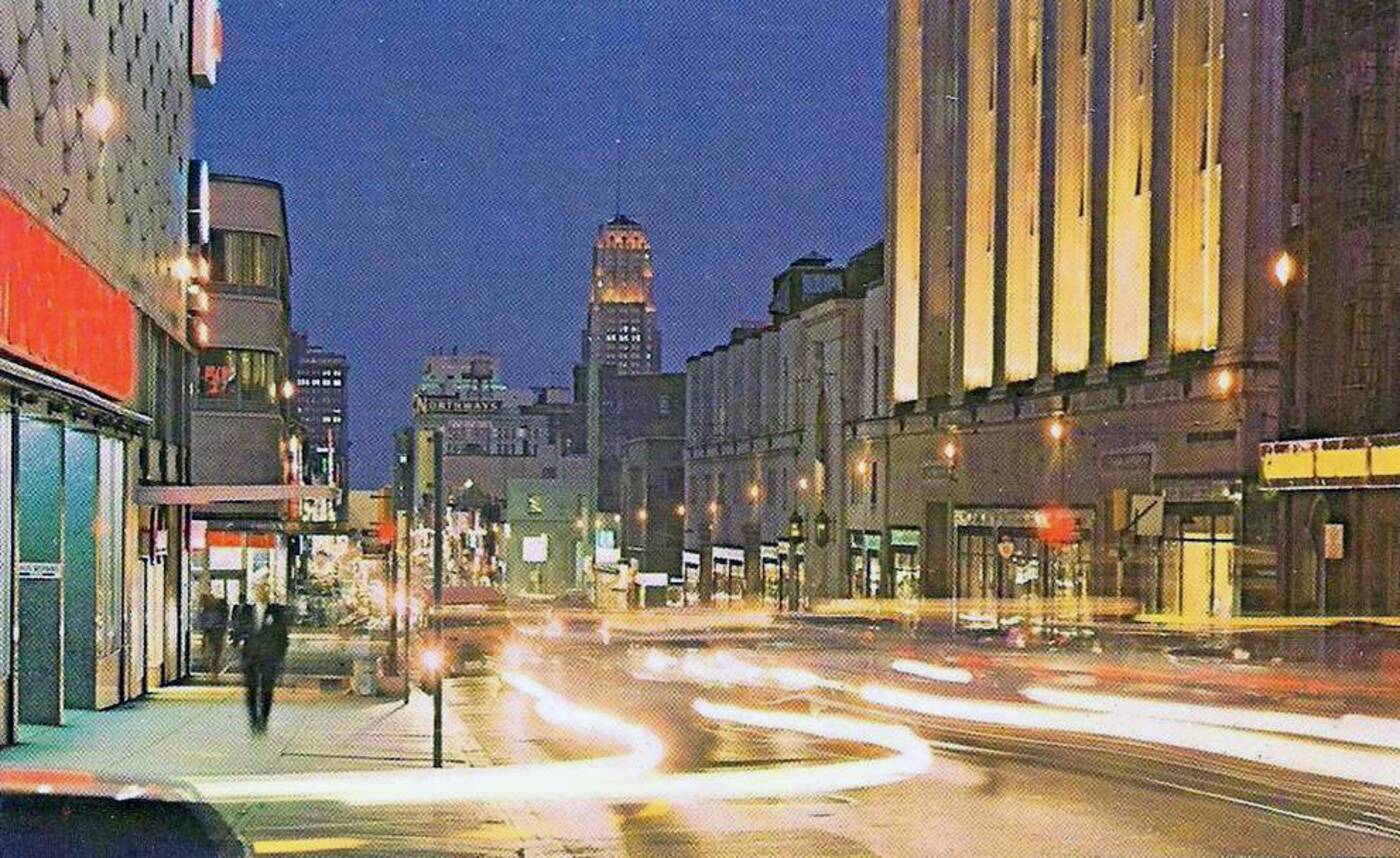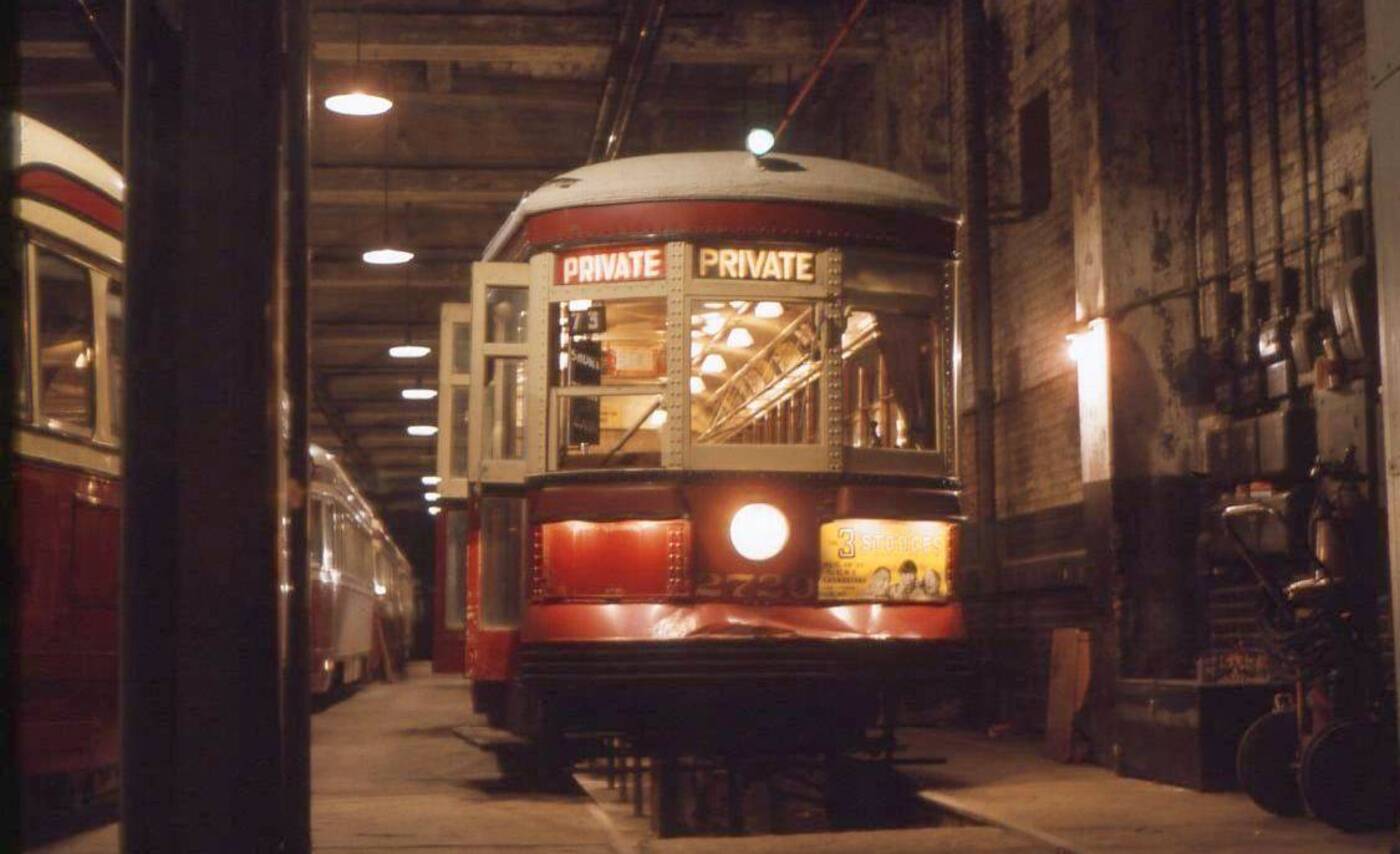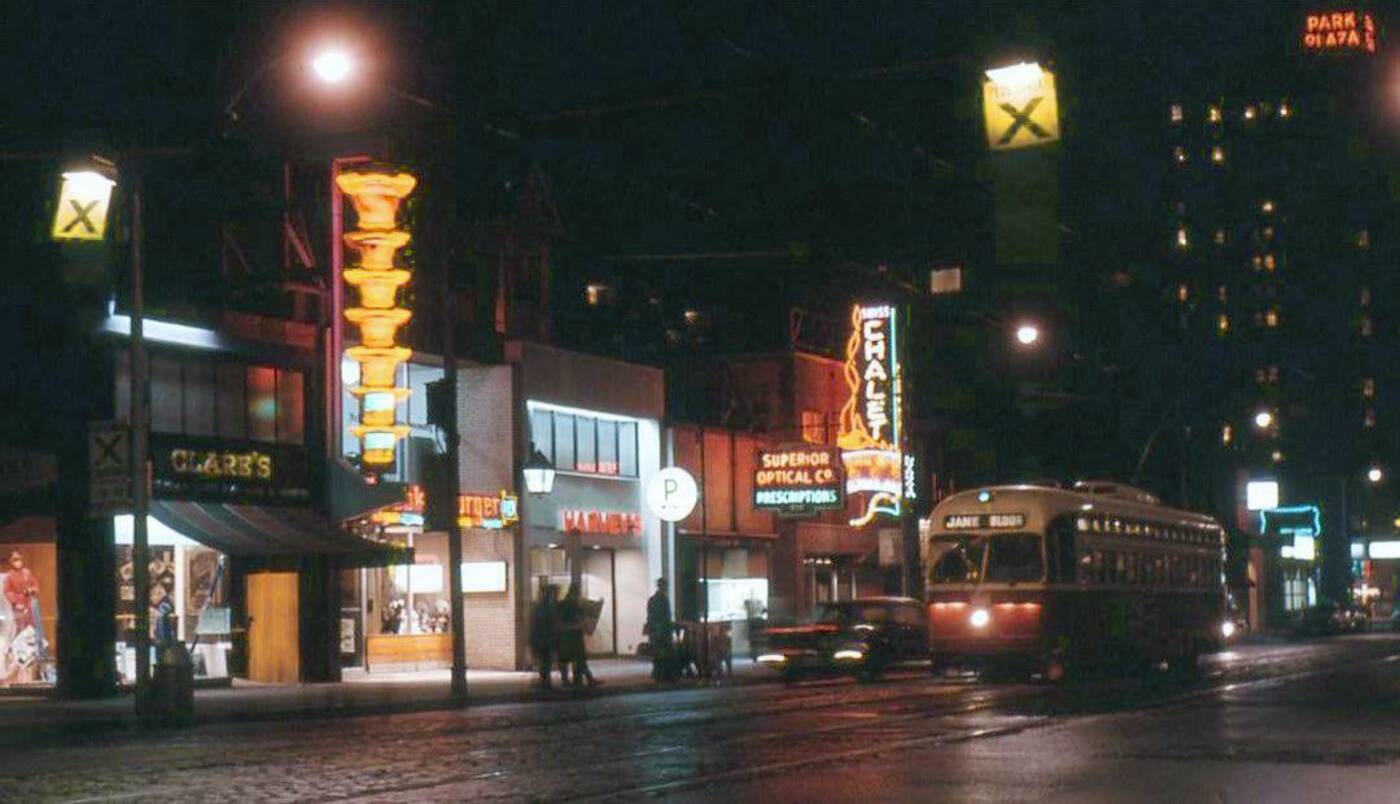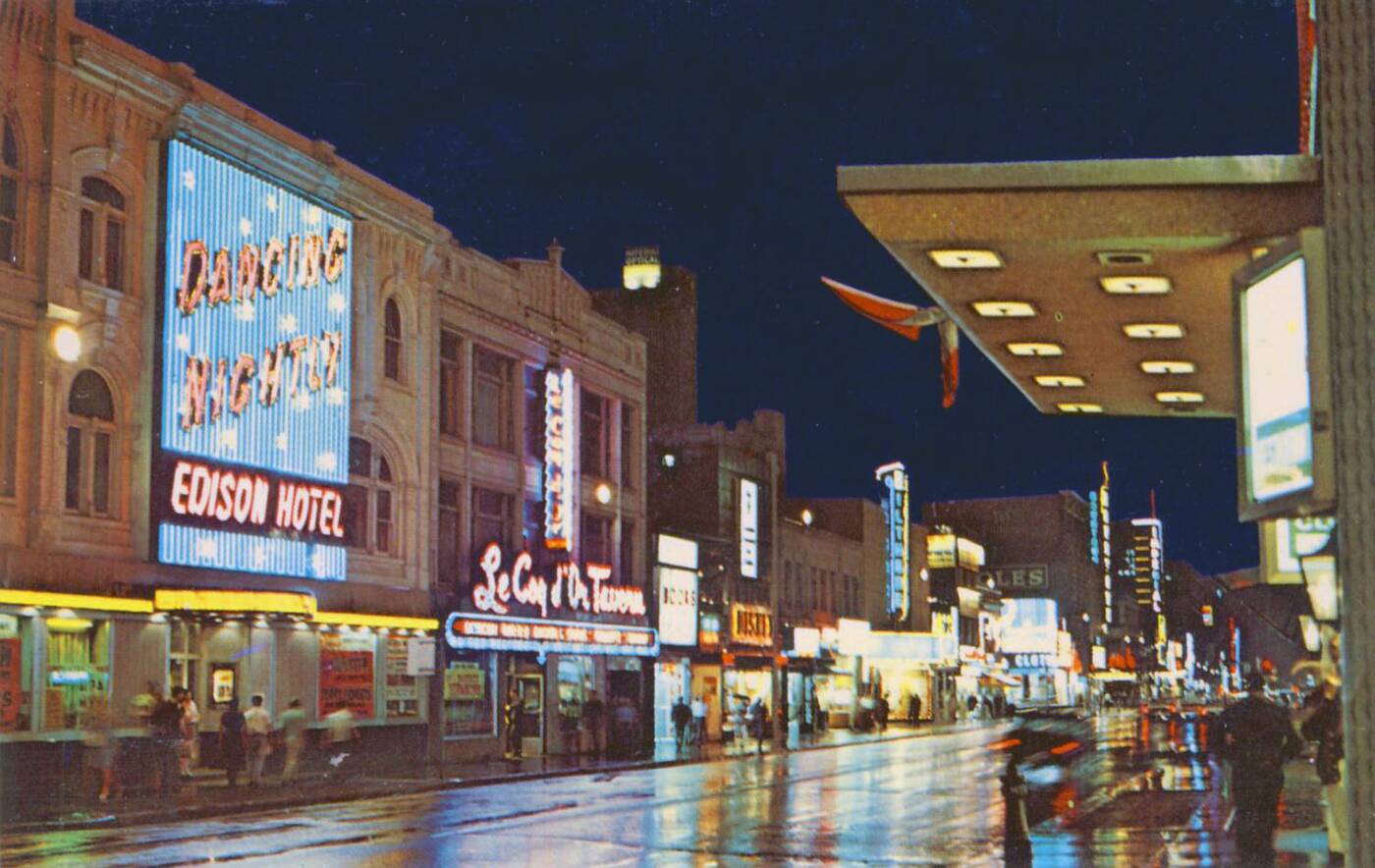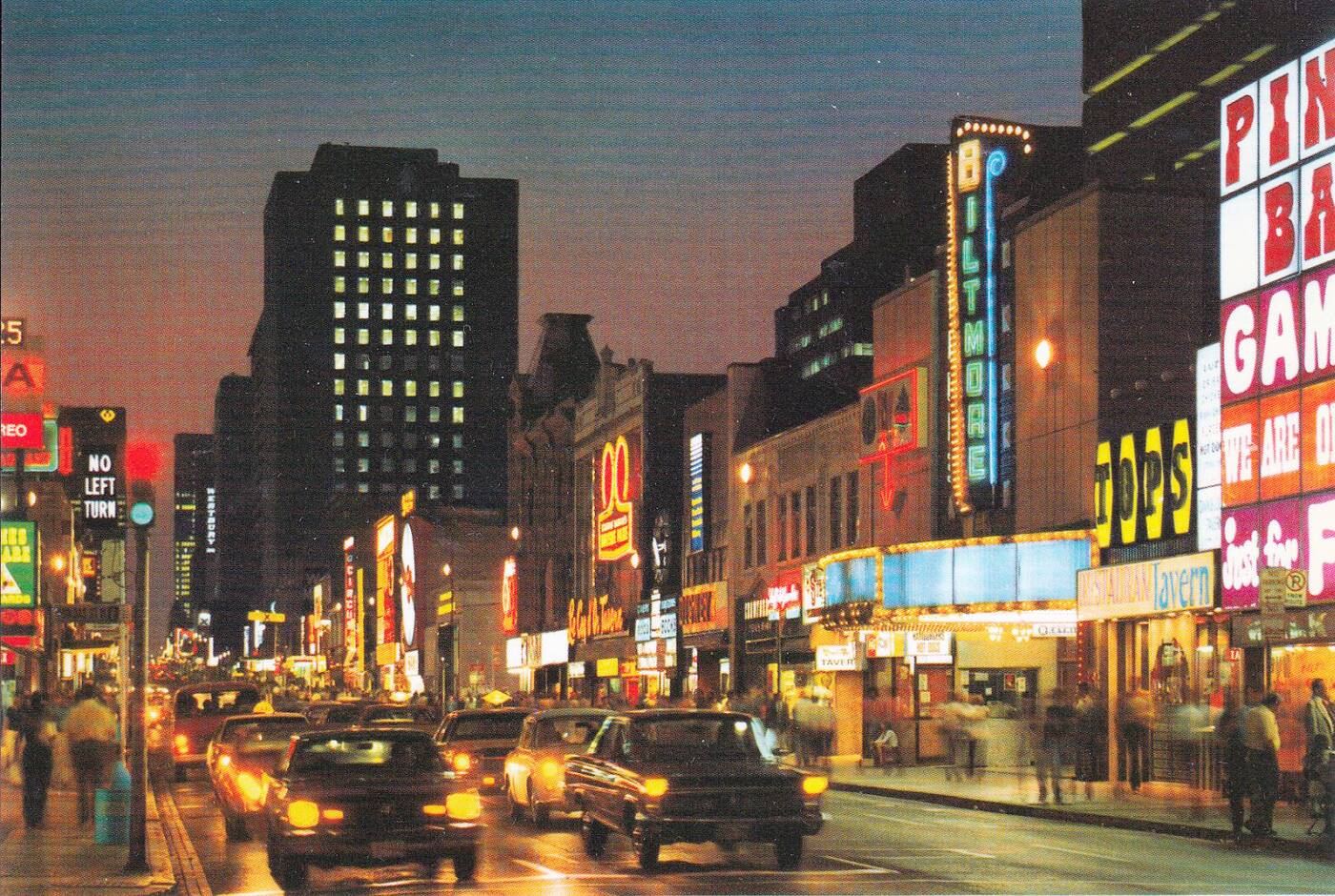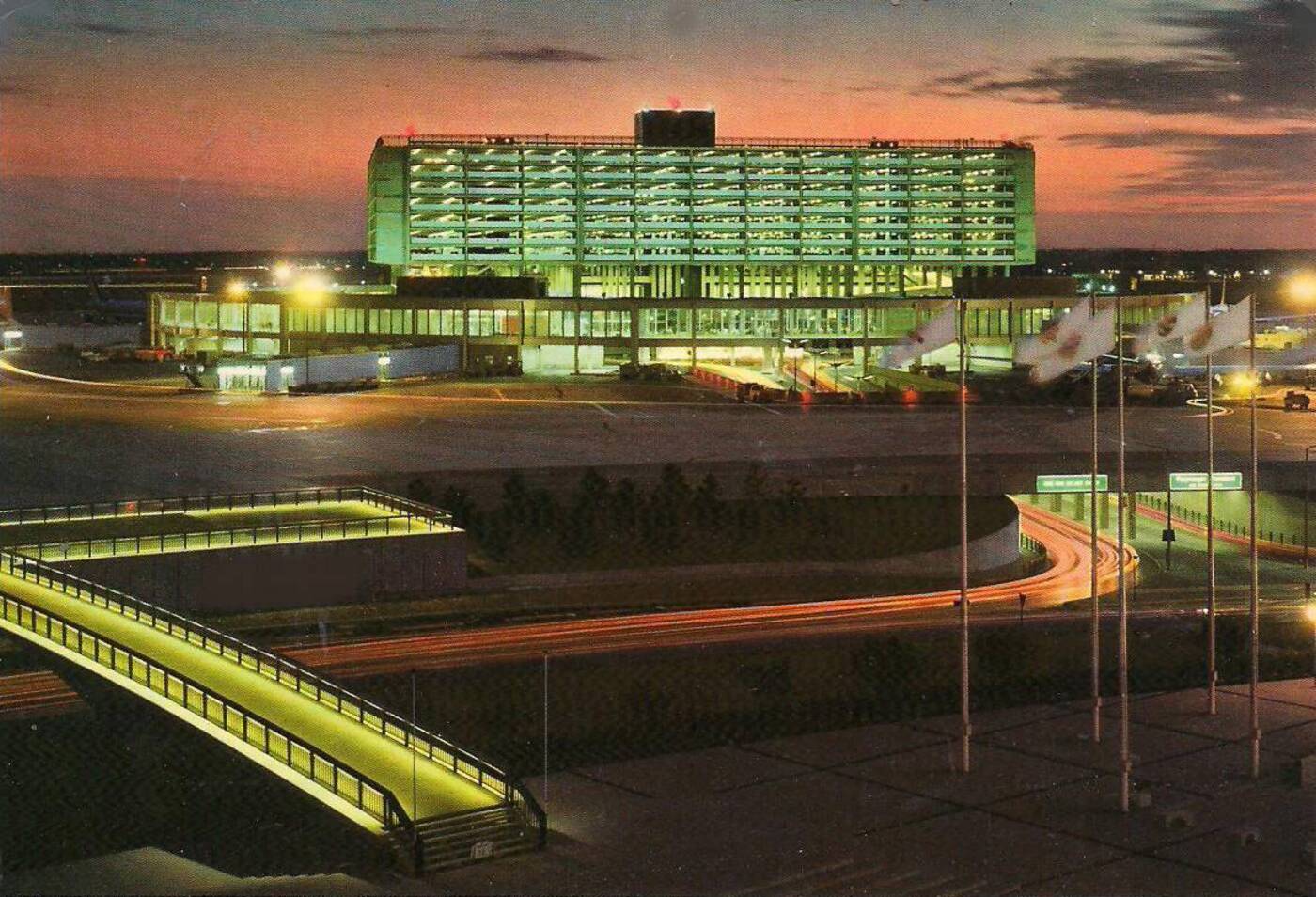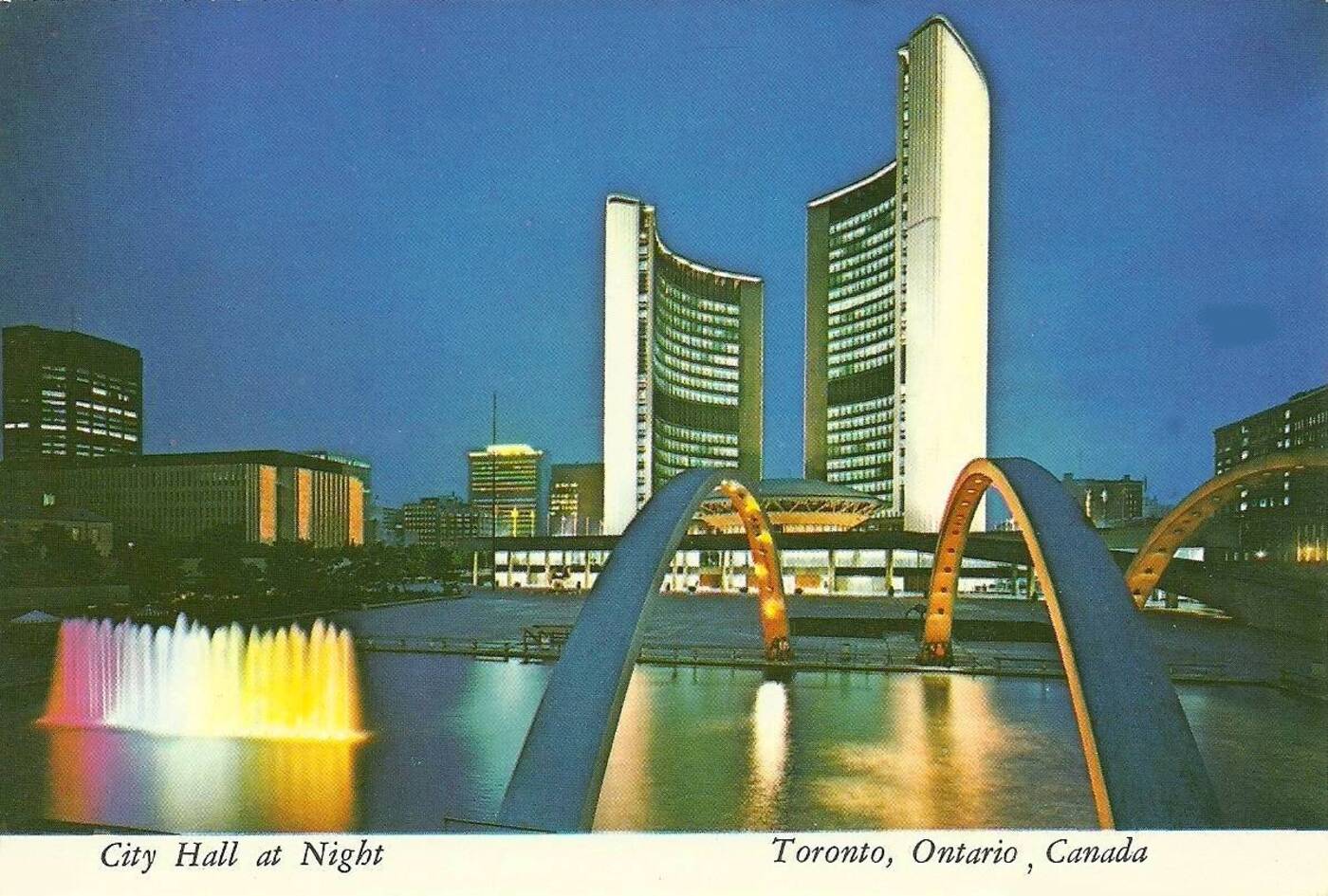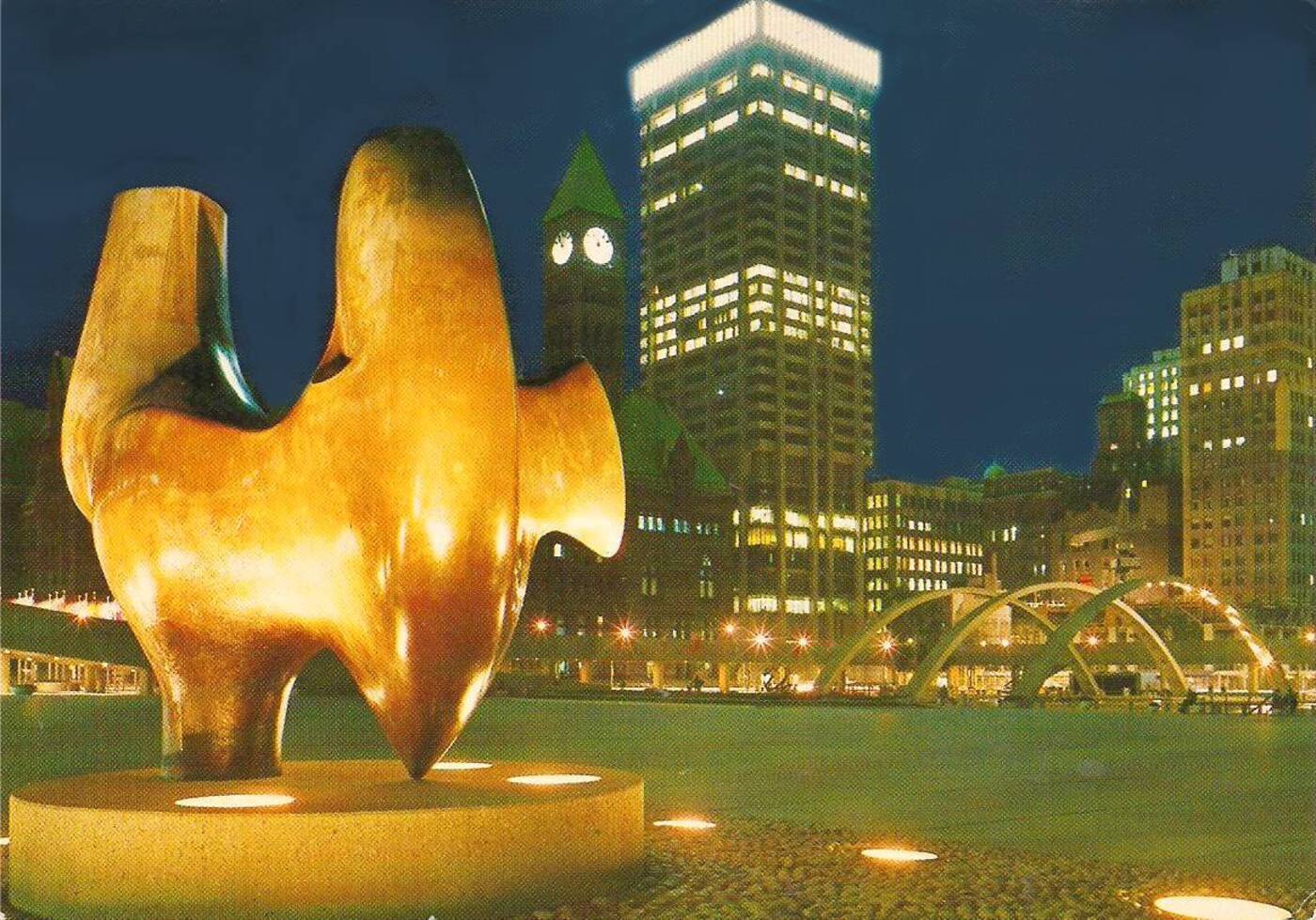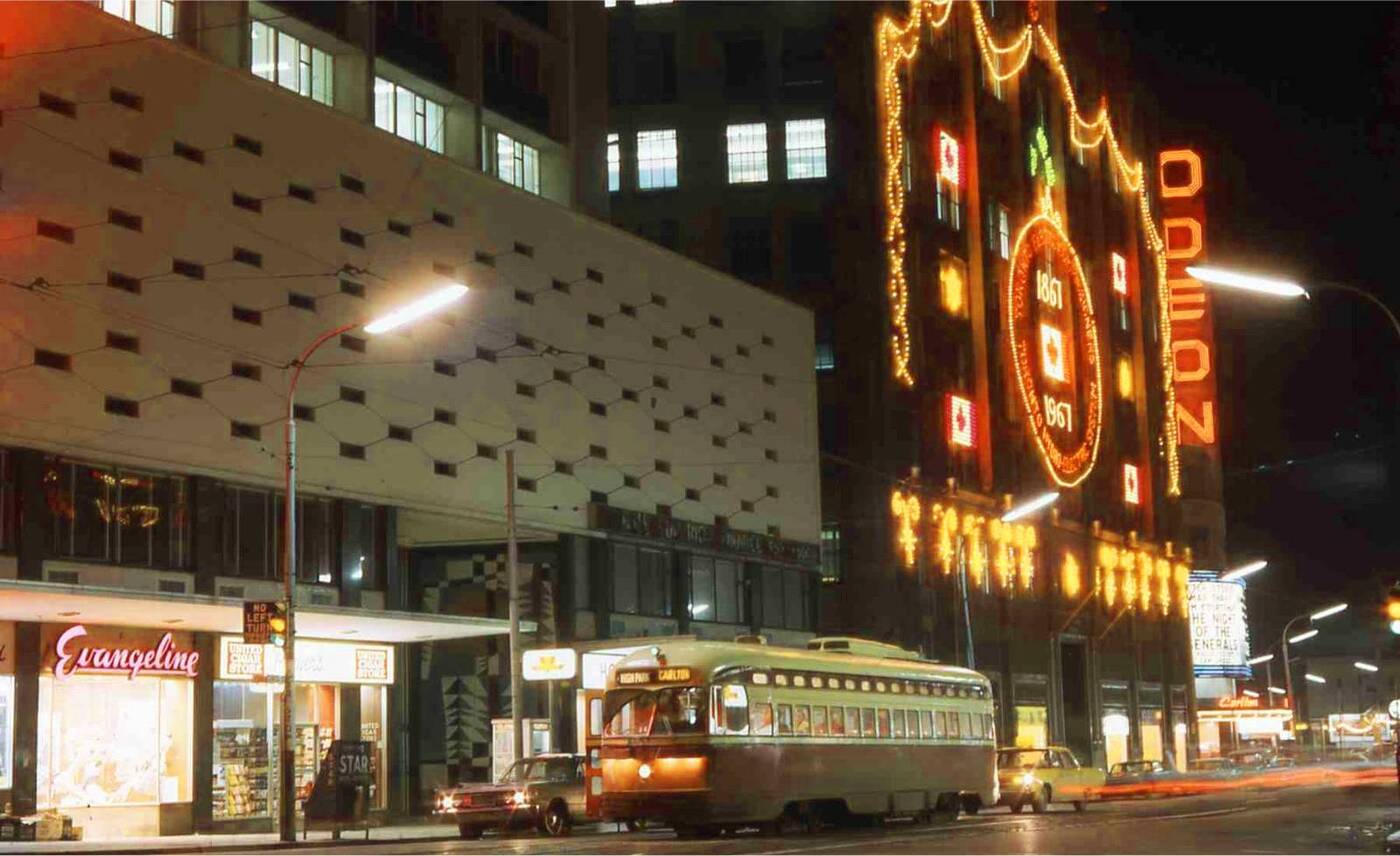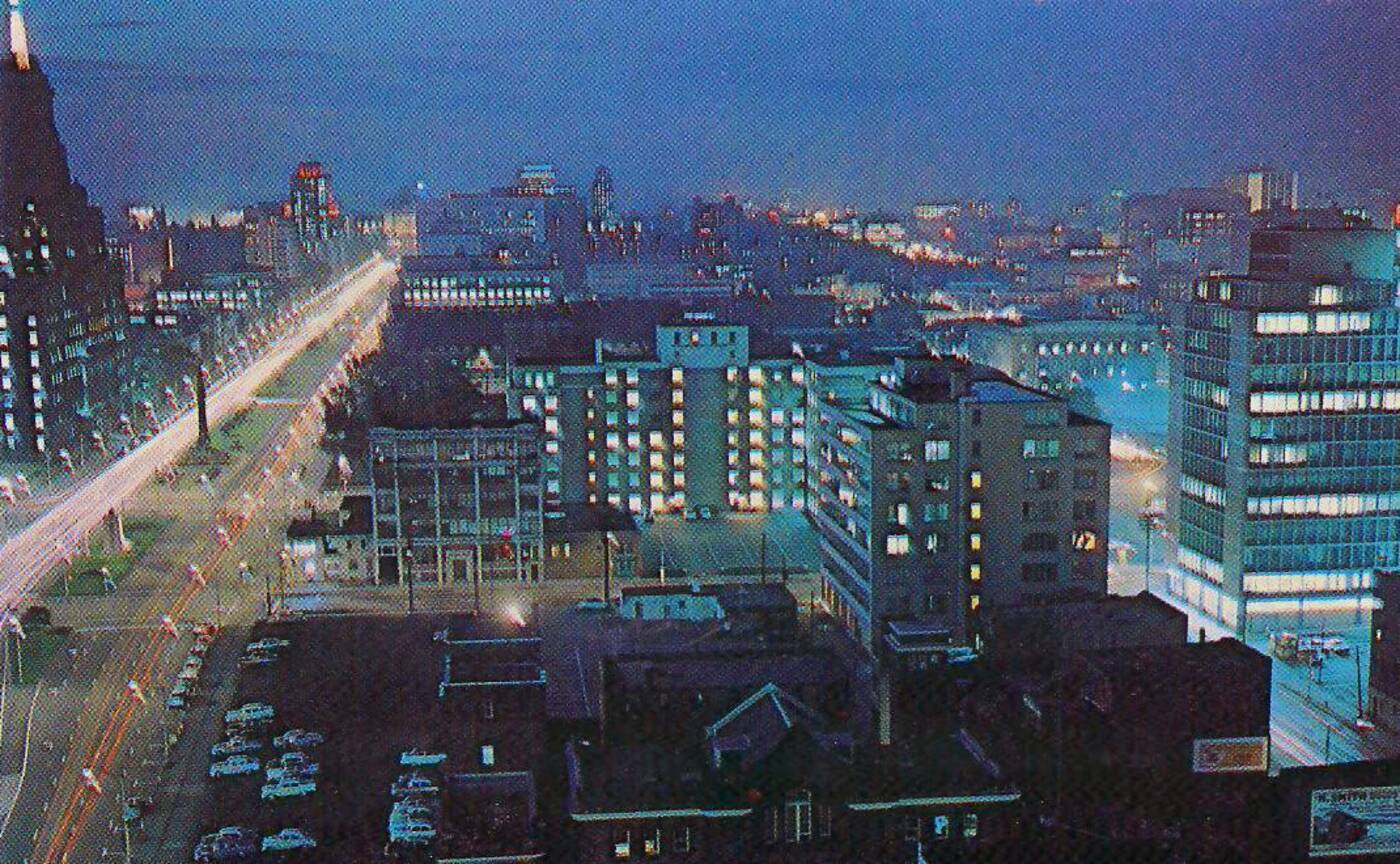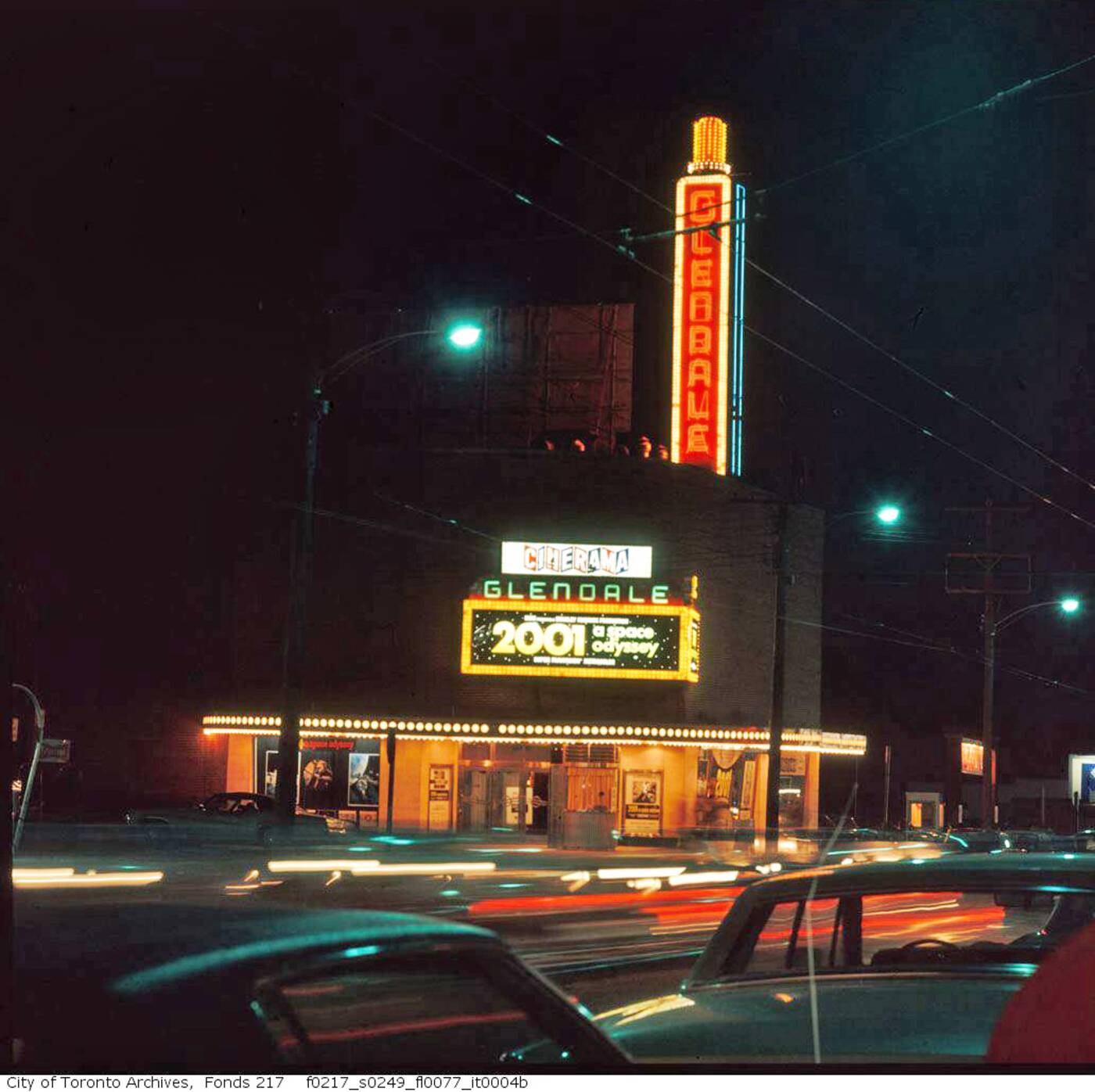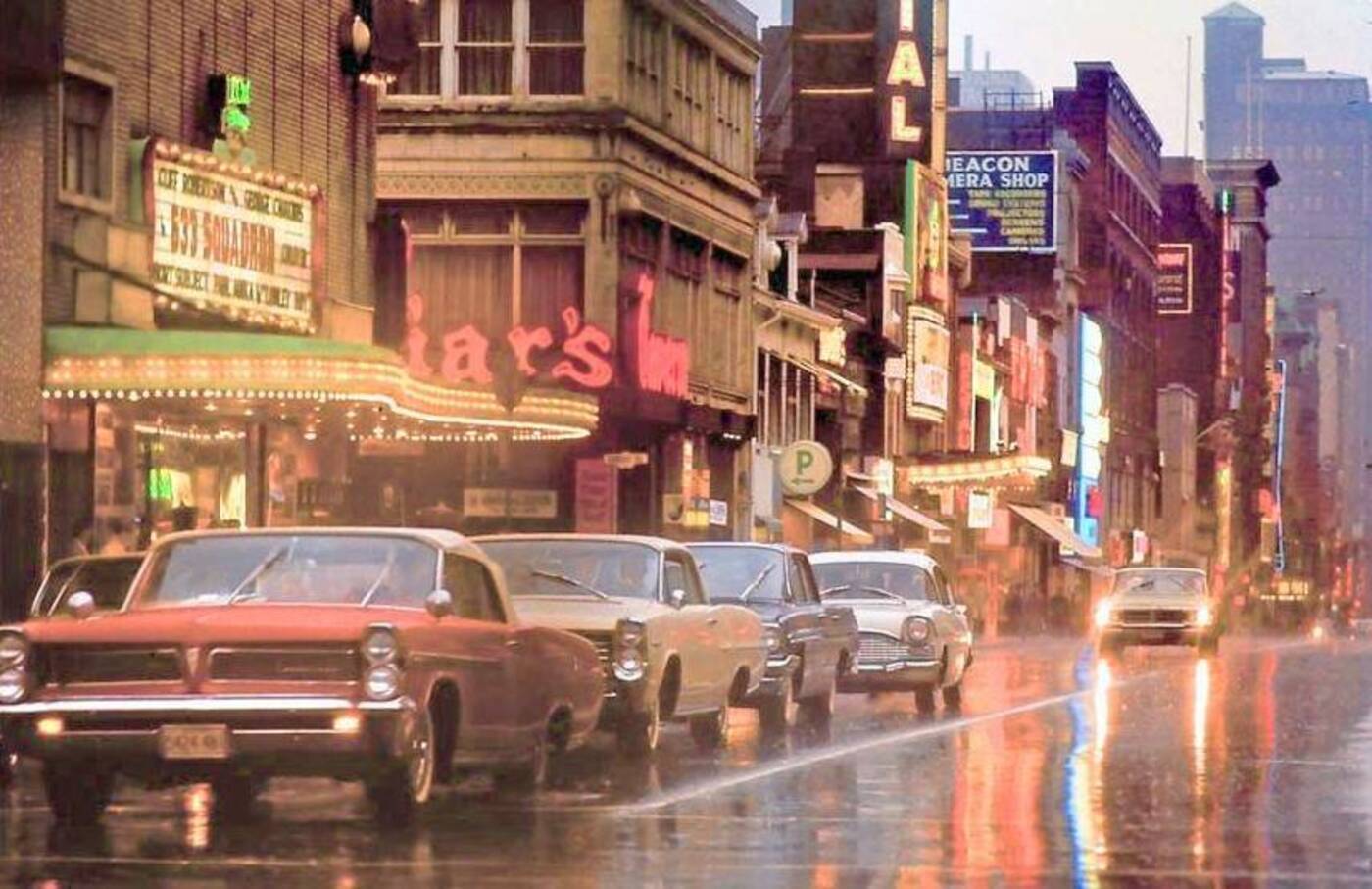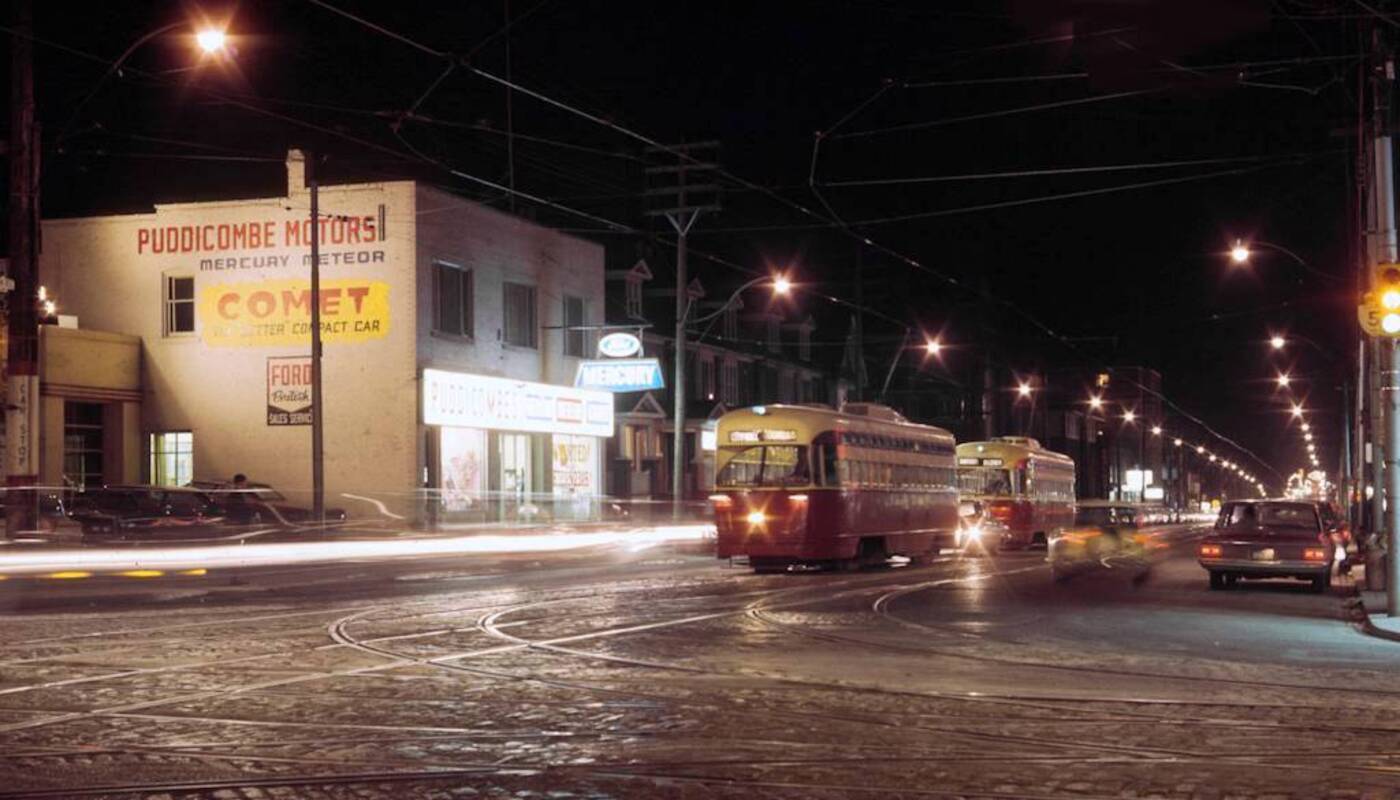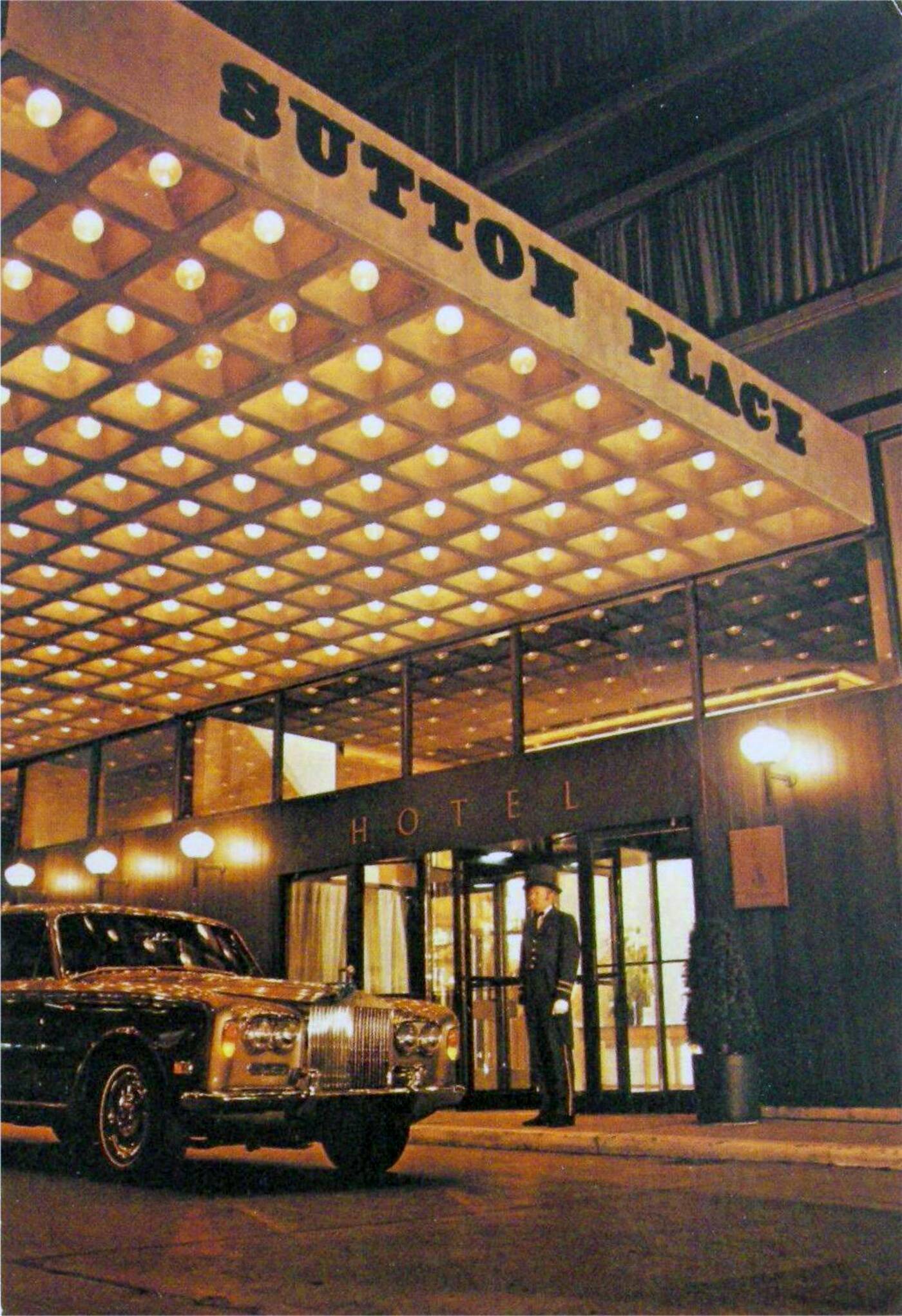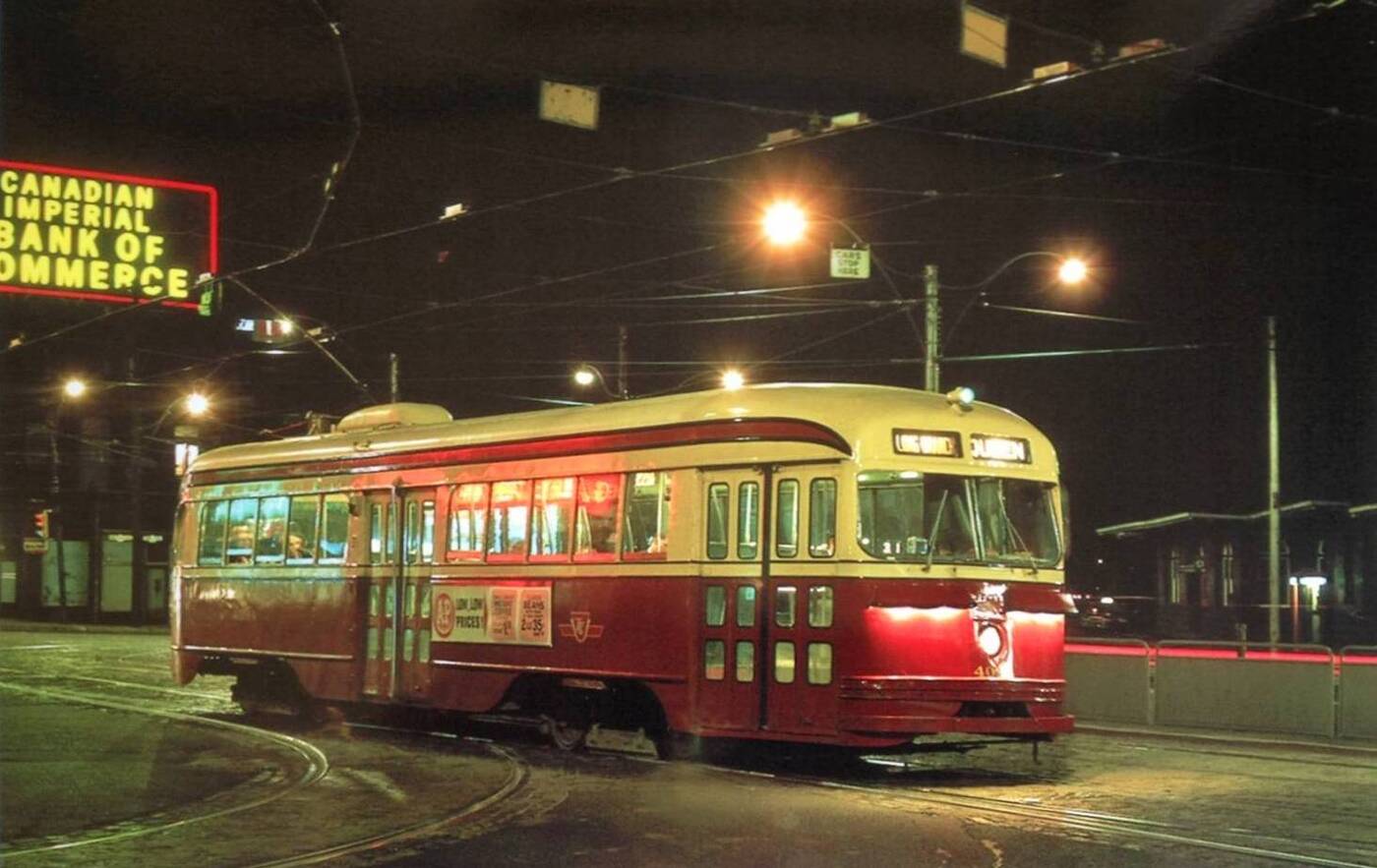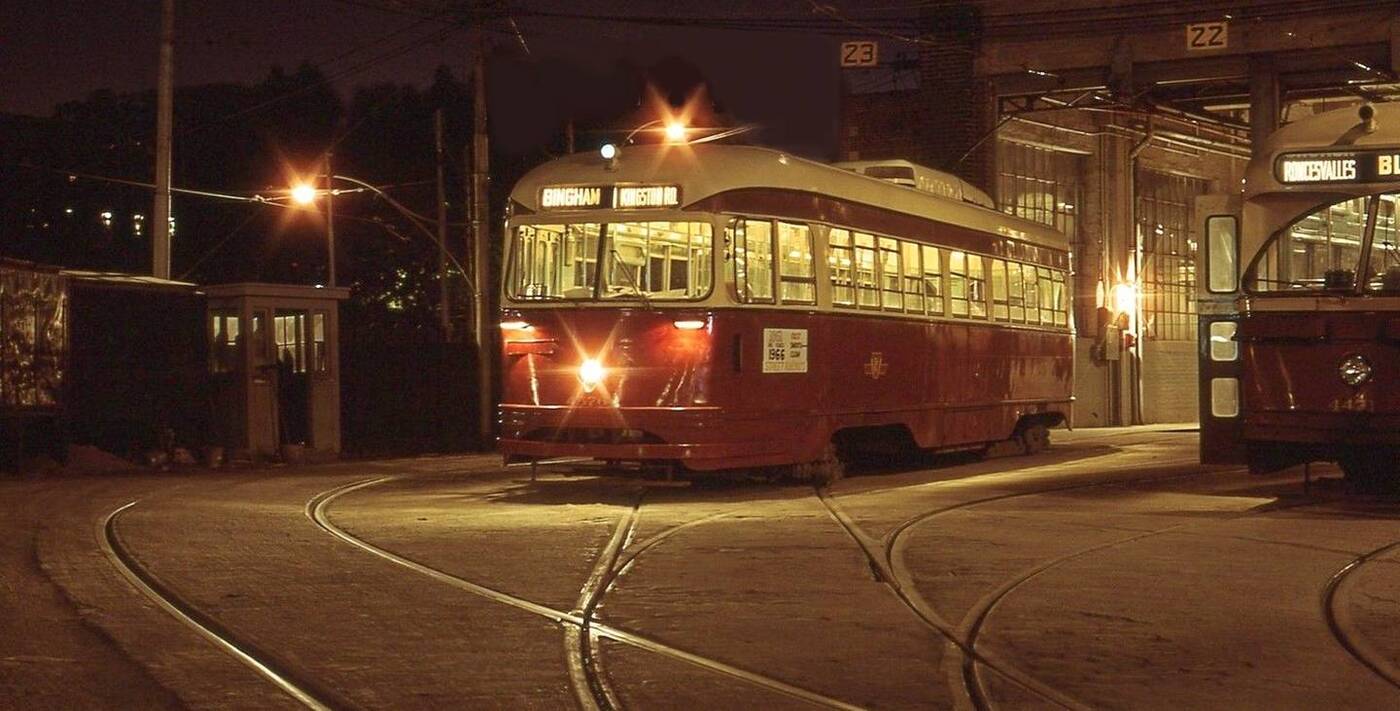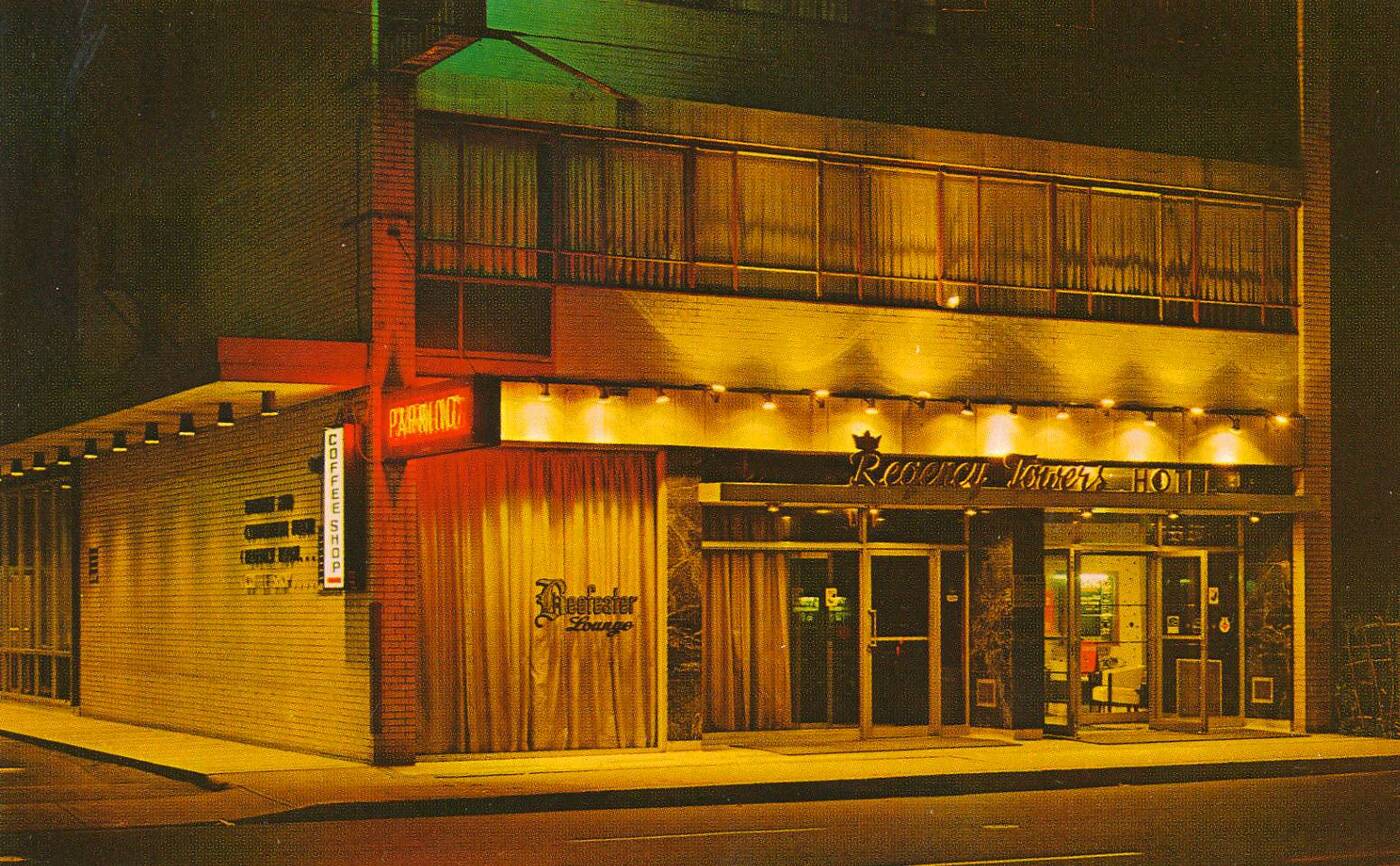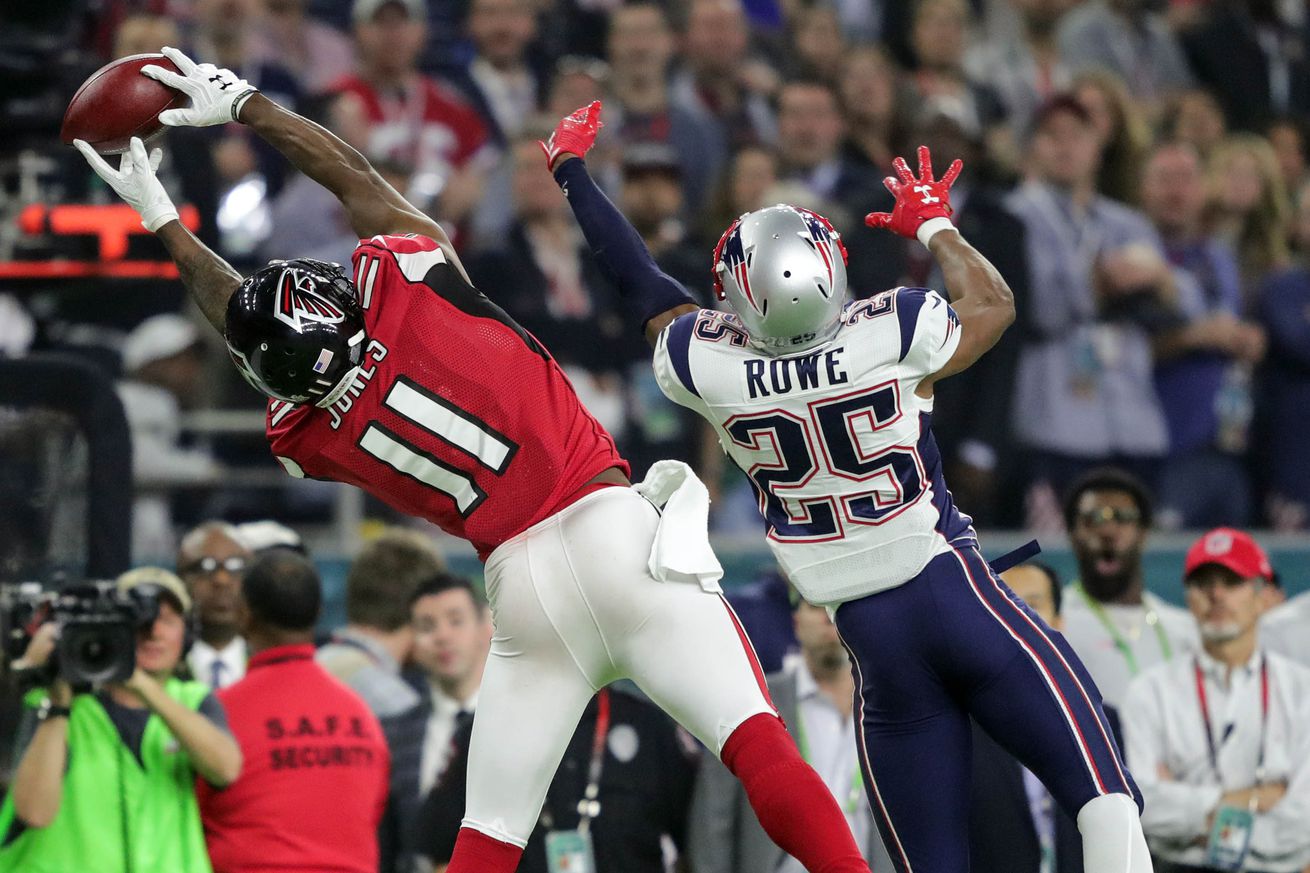
Not a lot of fanbases could mentally process what happened to the Falcons and come out sane on the other end. Vikings fans have been doing it since the 1960's. And we're here to help
Dear Falcons Fans,
Hi. I'm kind of at a loss for words for you guys, but I want you guys to know that you're not alone. As Vikings fans, we've been there. Yes, every year one team loses the Super Bowl, and it sucks, but rarely is a loss this brutal, a collapse this complete; a disbelief this consuming that leaves you in a stupor. And right now it's a feeling you don't think you'll ever get over. You've probably even considered cheering for another team after last night.
that's just reactionary and stupid. You're a Falcons fan, and you don't change fandom because of one game. Even if that game was last night.
They say time heals all wounds. 'They' are wrong. Some things you will not ever get over, and this will be one of those things. And that's okay. But time does put distance between what happened yesterday, and as the years pass, time also adds perspective, and will give you an appreciation of what was one hell of a 2016 season.
Even though there's no way you believe that right now. I understand. I am a fan of the Minnesota Vikings, and processing sports grief is what we do. If I may have just a couple minutes of your time, I think we can help.
Right now you're feeling a mix of grief, anger, and disbelief, and it's all justifiable. Virtually no one blows a 25 point lead late in the third quarter, and never on football's biggest stage. Seriously, how rare was this feat?
That's just brutal. And in the Super Bowl. Reading that, you're pissed off all over again, and you think back to one or two plays that, if they go the other way, you win the Super Bowl. After Julio Jones' eleventy third ridiculous catch, all you had to do was run the ball three times, kick a FG, and it's over.
But that didn't happen. And the Falcons lost. And it might have been the worst loss in NFL history, certainly in Falcons history. I'm going to be brutally honest with you, and you might not want to hear this, but this game will gnaw at you for the rest of your life, and you'll never truly get over it. Most games, yeah, eventually you move on and shrug your shoulders over.
But there are moments that you will never, ever truly put aside, and it doesn't matter how many championships or big games your team eventually wins.
There are two games in my Vikings fandom I will never, ever get over. One was Drew Pearson's infamous push off on Nate Wright in the 1975 playoff game against Dallas in a play that's become immortalized as the 'Hail Mary'.
The second? The 1998 NFC Championship game, against your very own Atlanta Falcons. If Gary Anderson makes that field goal, the Vikings win, and they go to the Super Bowl. But if Robert Smith doesn't run out of bounds on a sweep a couple plays earlier, there's not enough time on the clock, either. At least I don't think so. Also, Robert Griffith dropped a pick in the end zone but THIS IS NOT ABOUT THAT GAME AAAAAAAAAHHHHHHH...
See what I mean?
Even championships don't truly erase the hurt and the pain. as an Ohio State fan, they've won two national championships in my lifetime that I remember, but the disembowelment at the hands of Florida in 2007 is a game I will never get over.
Ever. So don't think that one day a Super Bowl win will wipe this all away, because it won't.
So not kicking the field goal, the Edelman catch, and one or two other plays you'll chew on for the rest of your life, you'll play them over and over in your head, you'll get pissed off, shake your head, and silently curse the Football Gods. And heck, even 20 years from now, a highlight from this game might come on, and you'll turn it off. I still haven't re-watched a play of the '98 or '09 NFC Title games, and I can tell--instantly--when the Hail Mary play will be shown, and I turn the channel.
The pain still lingers.
So just accept this is going to be something you carry with you for the rest of your sports life, and for many of you, you'll never truly let it go. This bad memory will always be there, and it will be a profound loss, probably the biggest sports disappointment you'll ever experience.
But time will also bring perspective. And while you may not be able to bring yourself to ever re-watch the Super Bowl, even though there were some memorable highlights for the Falcons (OH HAI JULIO), at some point the hurt will ebb, and you'll be able to look at this 2016 season, and say to yourself 'damn, THAT was a hell of a football team.'
Because the 2016 Falcons were a hell of a team. You had an MVP in Matt Ryan, Julio Jones, Devonta Freeman, a swarming defense, and for two games and 40 minutes in the Super Bowl, you guys were a buzzsaw. You curbstomped the Seahawks and Packers, and had the Greatest Quarterback in NFL History thoroughly confused and on the ropes.
And yeah, then you didn't. Right, I get it. GODDAMN IT SHANAHAN WHY DIDN'T YOU JUST RUN THE BALL AND GET OUT OF THERE WITH A FIELD GOAL...I know you just screamed that, internally or externally.
Still, in 10, 15, or 20 years from now, the Falcons will be playing the Packers or Seahawks on some random Sunday afternoon, and they'll have a reunion for this team on the field. And you know what?
It'll be okay.
It doesn't seem like it, but it will. They'll show highlights of that Seahawks or Packers playoff game on the virtual reality jumbotron that all stadiums will have by then, and then Dan Quinn will be introduced and will get a warm ovation. Then Julio Jones will trot out, as will Matt Ryan, Dwight Freeney, and a bunch of other guys on this team you love cheering for, and the crescendo will grow into a roar.
And you'll think 'wow, looks like Julio could still catch 80 balls in this league'.
The applause will be loud, sustained, and you'll find yourself back in January of 2017, before That Thing That No One Mentions happened (because you have to give it a nickname), and the hair will stand up on the back of your neck, you'll get goosebumps, and you'll turn to the fan next to you and say...
'Man, that was a HELL of a team.'

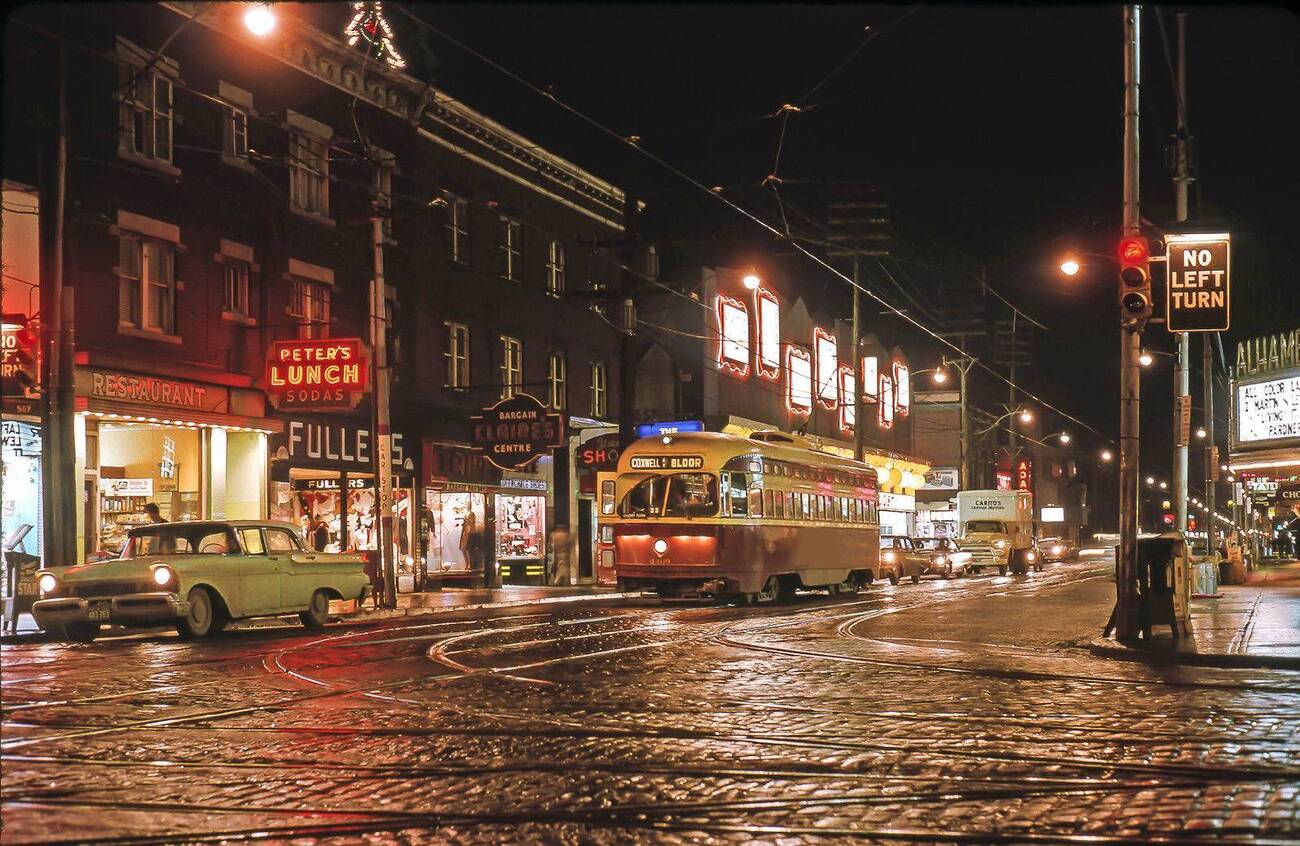
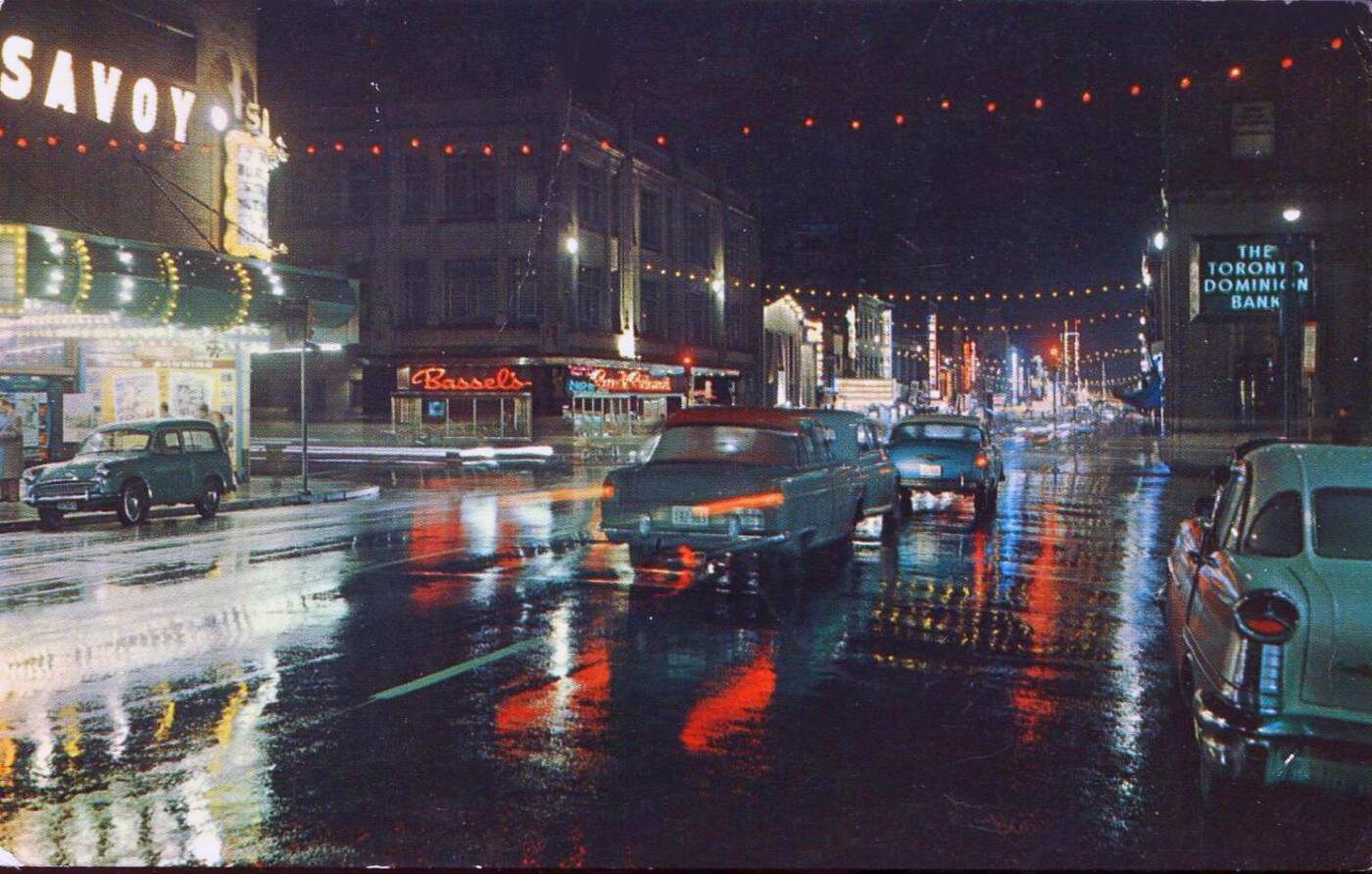
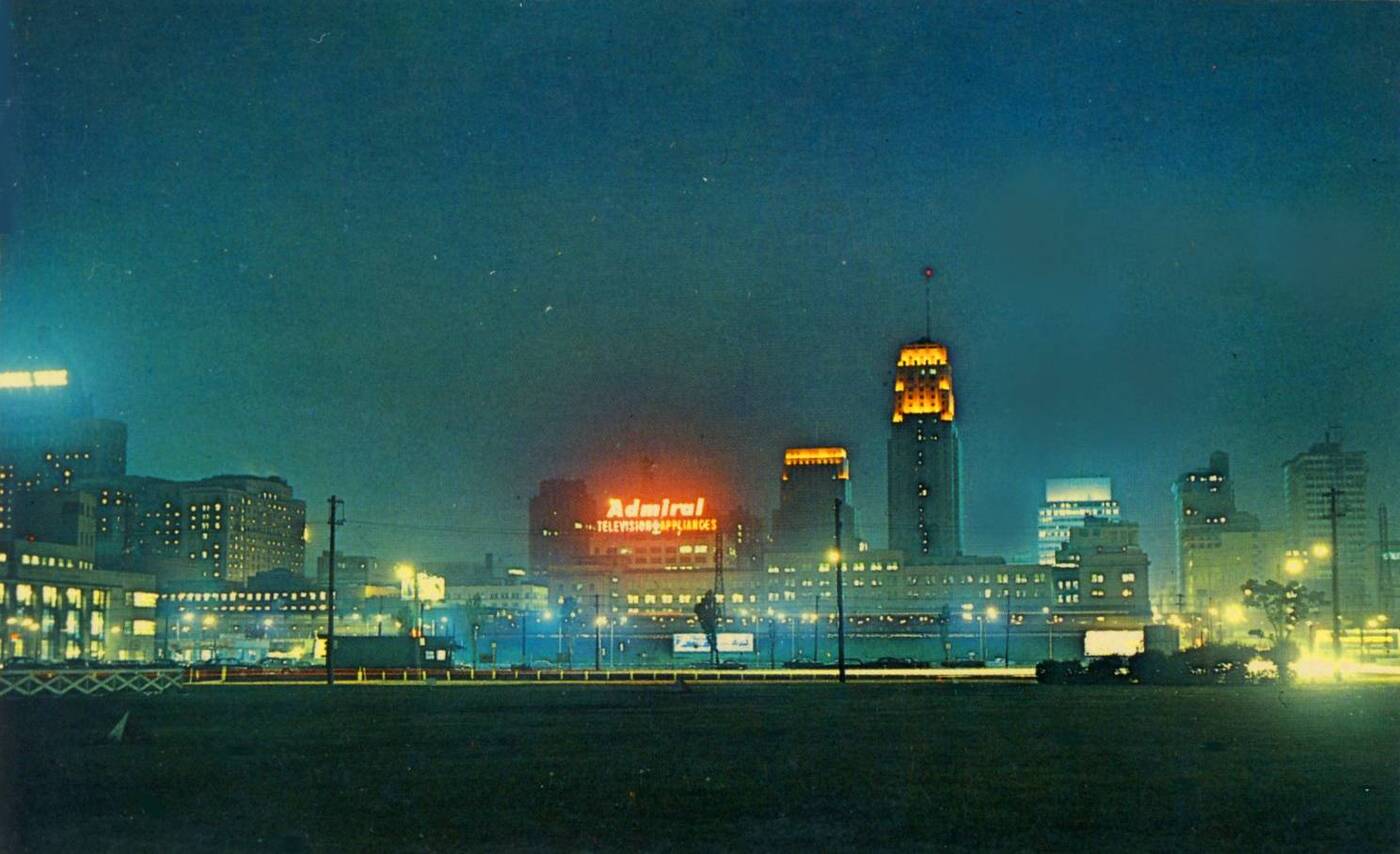 The sparse Toronto skyline at the outset of the 1960s, prior to the rise of the TD Centre. The tallest building here is Canadian Bank of Commerce (now Commerce Court North).
The sparse Toronto skyline at the outset of the 1960s, prior to the rise of the TD Centre. The tallest building here is Canadian Bank of Commerce (now Commerce Court North).